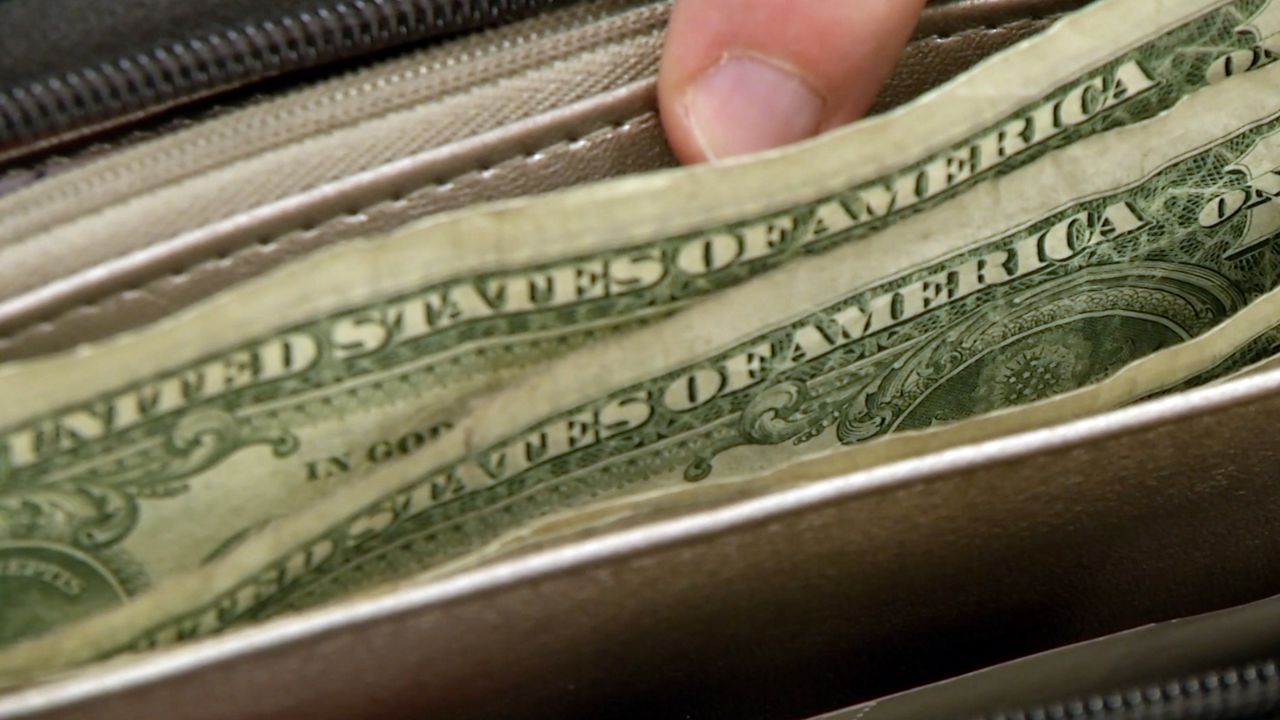Progressive advocates and lawmakers on Tuesday criticized a tentative plan to increase New York's minimum wage to $17 an hour for not going far enough to cover basic expenses of low-income working people.
The proposal would gradually increase the state's wage in the coming years, a provision that is coming together as lawmakers and Gov. Kathy Hochul hope to finalize a budget this week.
Spectrum News 1 reported Monday evening lawmakers and Hochul have settled on a potential plan that would grow the wage in the New York City area by 50 cents each year until 2026, increasing base pay from $15 an hour to $17.
North of Westchester County, the raise would increase from $14.20 to $17 by 2028.
The change would start to take effect in 2024 and would be indexed to inflation once fully phased in.
Hochul had initially proposed this year a plan to index the wage to inflation without a proposal to reach a target number first. On Tuesday, she signaled she supported the broad strokes of the $17 goal.
"We have to raise wages so they can pay their bills, pay their rent, pay their utility bills, pay for food for their kids," Hochul said. "I put out the talking points, I put out what I'm looking for and then we come to a consensus. I support raising the minimum wage along the lines of what we're talking about."
But progressive advocates who had called for a higher wage meant to reflect the cost of living since the last wage increase criticized the plan for falling short.
"The State Budget is an opportunity to effectively address New York's most critical issues, and $17 just doesn't cut it," said Tal Frieden, Raise Up NY Campaign Coordinator. "We are urging Albany lawmakers to fight for $21.25 in the final budget and give three million workers the raise they deserve - not a weak compromise."
Sen. Jessica Ramos, a Democratic lawmaker who sponsored the initial $21.25 an hour plan with Assemblymember Latoya Joyner, also pointed to the effect of phasing out the earned income tax credit dilluting the impact of the lower wage increase.
"A person making $15 an hour whose wages rise to $16 makes approximately $2,080 before state and federal taxes," she said. "After taxes and tax credits, that additional pay only comes out to $980 - that’s an effective 53% tax rate. Are we, as a legislative body, comfortable with responding to the affordability crisis by giving minimum wage workers a higher marginal tax rate than the ultra-rich?"


